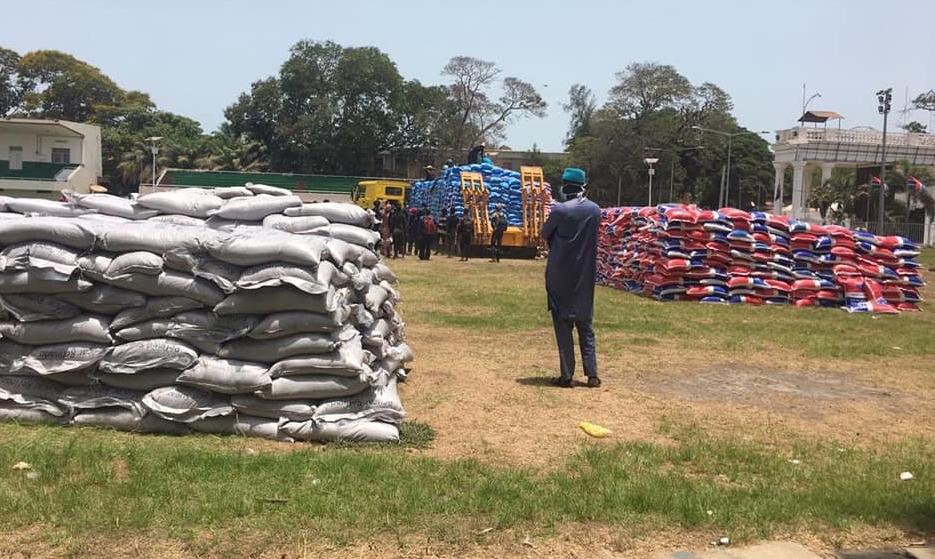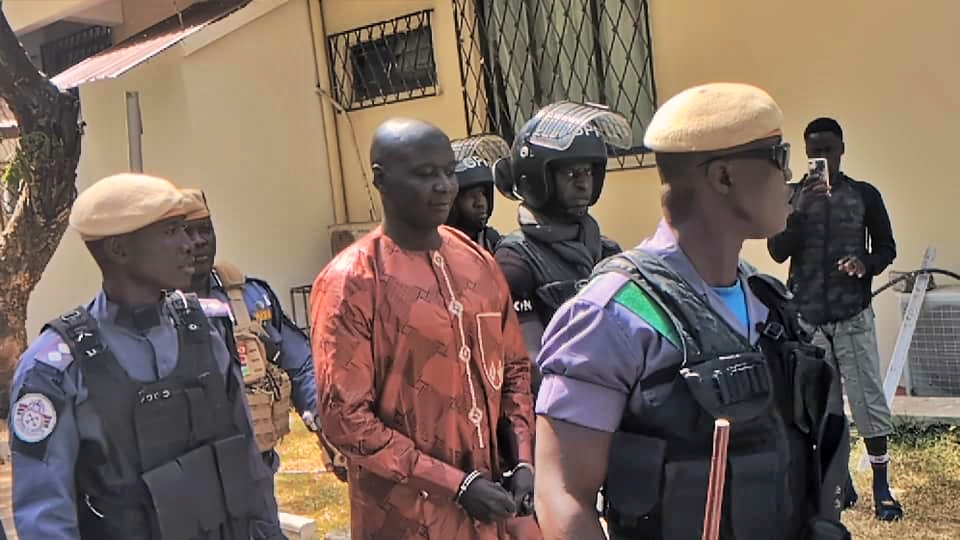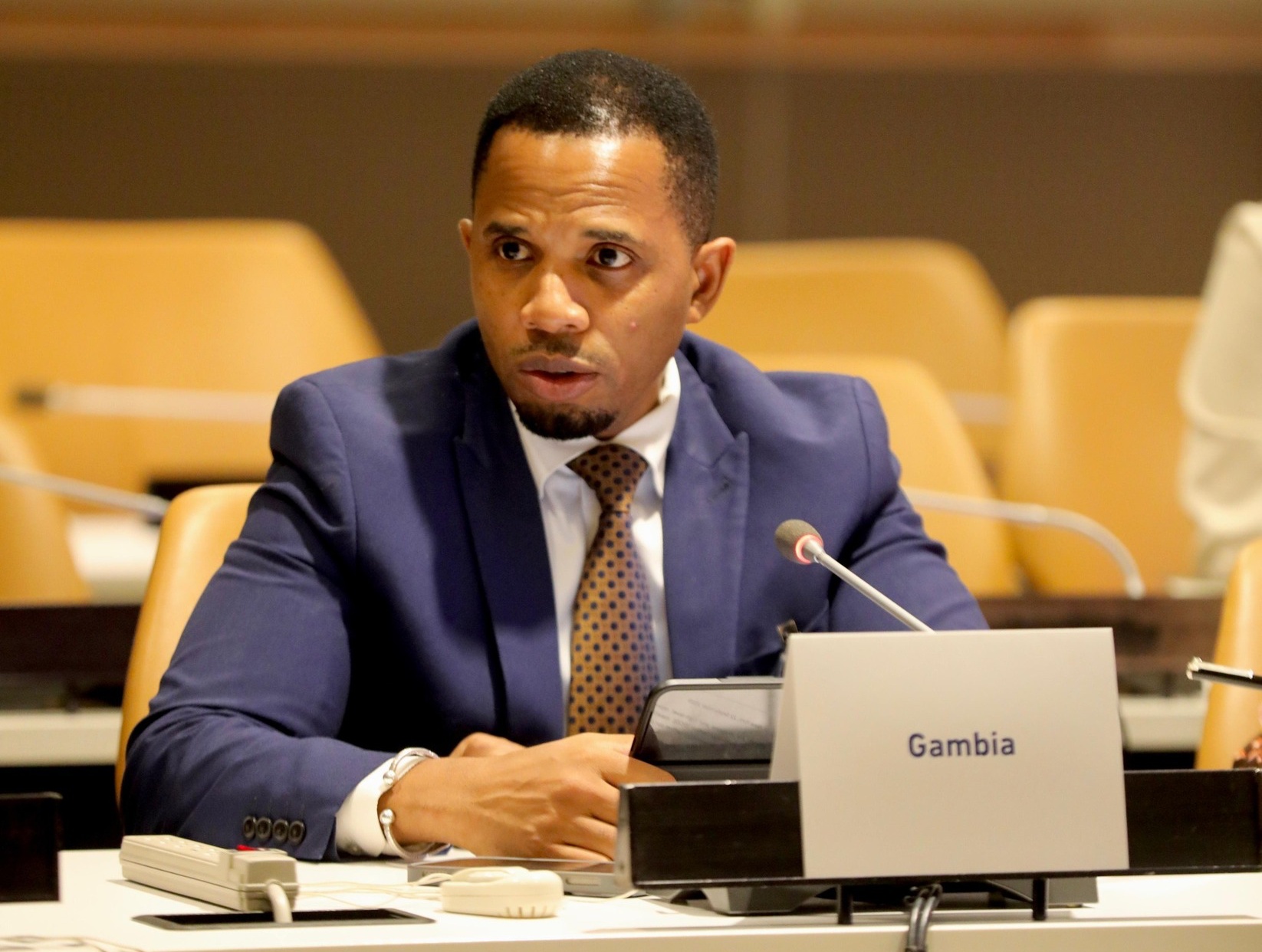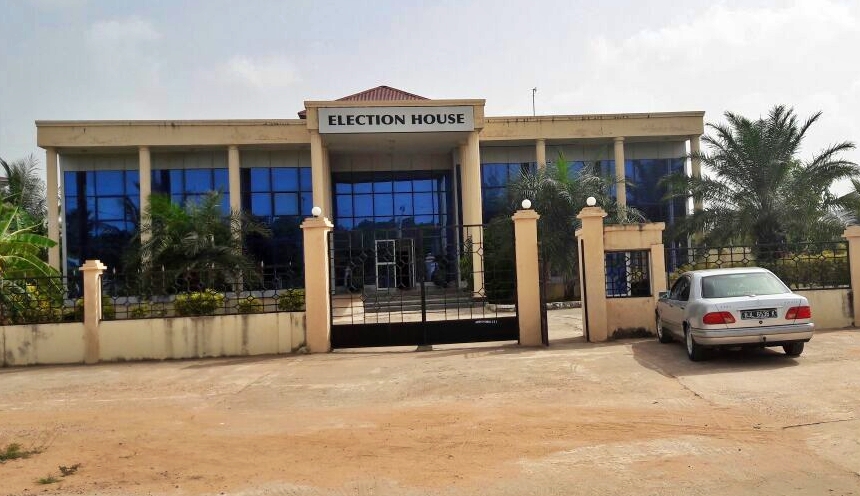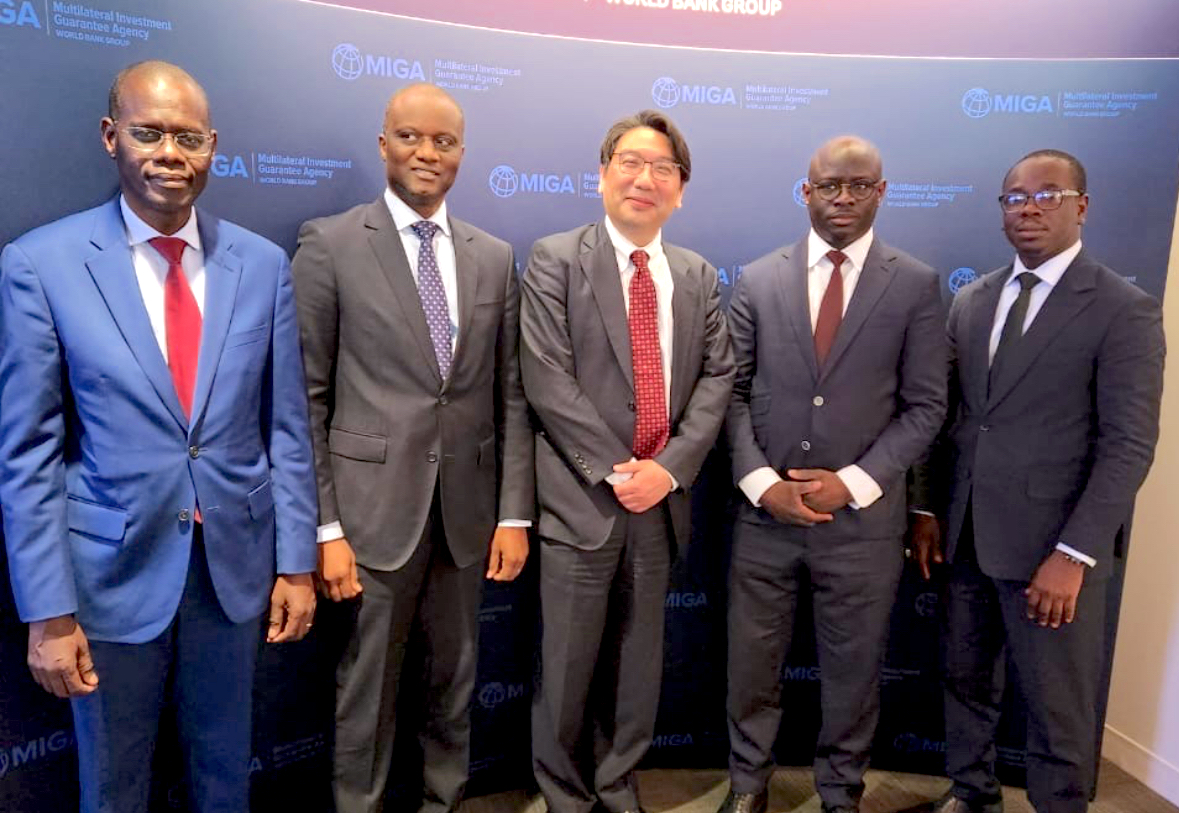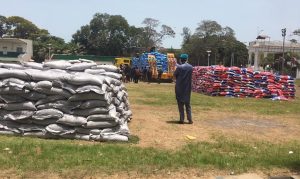Gambiaj.com – (DAKAR) – A Senegalese ministerial delegation, led by Cheikh Diba, the Minister of Finance and Budget, and Dr. Abdourahmane Sarr, Minister of Economy, Planning, and Cooperation, faced a challenging reception at the just ended Spring Assemblies of the International Monetary Fund (IMF) and the World Bank in Washington, DC. The IMF expressed reservations about Senegal’s economy and questioned the expectations surrounding the proposed 2024 budget.
The IMF’s concerns centered on the reliance of Senegal’s budget projections on revenues from oil exploitation, which have yet to materialize.
The 2024 budget, based on a multi-year budgetary and economic programming document from July 2022, anticipated significant revenues from oil starting in 2023. However, with production delays, the IMF urged Senegal to revise its budget to ensure it is not overly reliant on uncertain future oil revenues.
Senegal’s debt-to-GDP ratio has risen significantly in recent years, reaching 77% today. The IMF stressed the importance of Senegal rationalizing its expenditures and broadening its tax base to sustain public investment while maintaining debt sustainability.
In response, Minister Sarr emphasized the need for Senegal to preserve its flexibility regarding external debt.
The newly elected Senegalese government pledged to minimize state maintenance in exchange for responsible finance, presenting its development blueprint to the Bretton Woods partners.
Senegal has done well in terms of income mobilization in recent years. The Directorate-General for Taxes and Areas (DGID) brought in $2,206 billion FCFA in income in 2023, up 7% in relative value and 141.2 billion in absolute value from 2022. In 2023, customs revenues amounted to FCFA 1,426 billion. Compared to 2022, there is a rise of FCFA 28 billion.
The team also emphasized the government of Senegal’s commitment to establishing a new dynamic based on morality, sound governance, combating corruption, justice, and transparency in public administration; these fundamental values are a prerequisite for any development action.
The Senegalese government is expected to reevaluate its budgetary framework for 2024 in light of the IMF’s recommendations, highlighting the challenges of balancing economic development with fiscal prudence.




